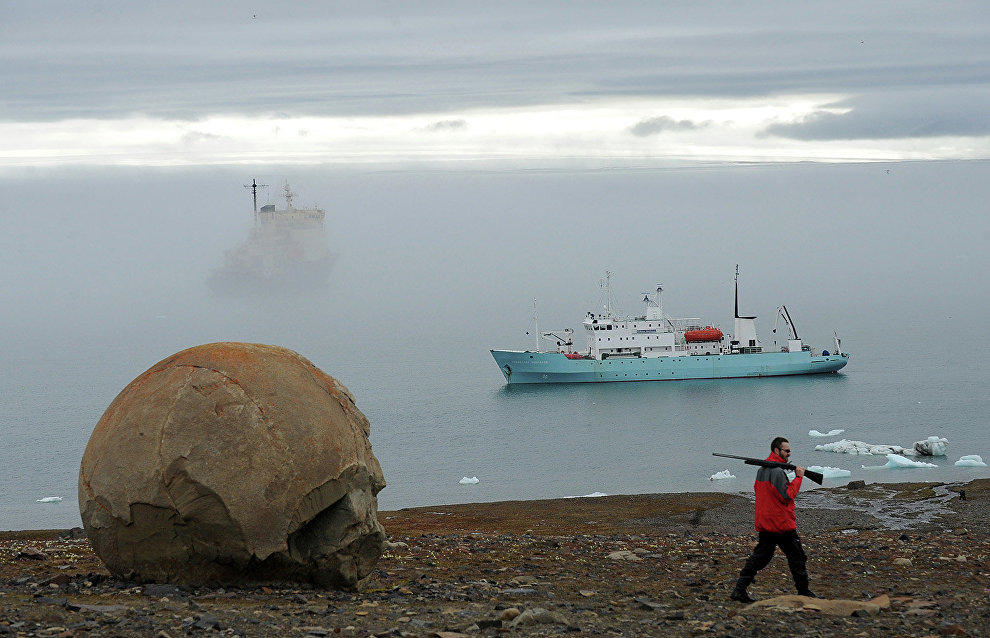Russia defends its position on illegal Arctic fishing agreement
Russia has defended its position as regards a draft agreement on preventing illegal, unregulated and unreported fishing in the Arctic region, reports the website of the Federal Agency for Fisheries. Ten-sided talks to draft an agreement to counter unregulated fishing in open-sea Arctic Ocean areas were held in Washington DC.
"After intensive and complicated debates, the sides reached consensus on the draft agreement on the last day of their work. The Russian delegation managed to defend all vitally important provisions in the draft agreement's text and even to emphasize them," the press release notes.
The conference that opened on November 28 involved delegates from Russia, Canada, the United States, Denmark (Greenland) and Norway, as well as those from China, Japan, the Republic of Korea, the European Union and Iceland.
The sides coordinated the agreement's decision-making mechanism that was suggested by the Russian side. All countries shall make collective decisions on preventing the access of vessels engaged in illegal, unregulated and unreported fishing to open-sea Arctic sections and implement other measures on this issue by consensus. In addition, the mechanism for enacting the agreement, for withdrawing from the document and for terminating it is based on Russian proposals. "All countries present admitted that it was impossible to sign this Arctic agreement without Russia's involvement," the press release notes. Work to formalize the text's legal aspects will now continue.
Talks on the draft agreement were launched over two years ago on the initiative of the United States. The document is being drafted as a follow-up to the declaration to prevent unregulated catches in open-sea areas of the Arctic Ocean's central section that was signed in July 2015 in Oslo.
According to the Federal Agency for Fisheries, available research data shows that commercial fishing in open-sea areas of the Arctic Ocean's central section is unlikely in the short-term.
